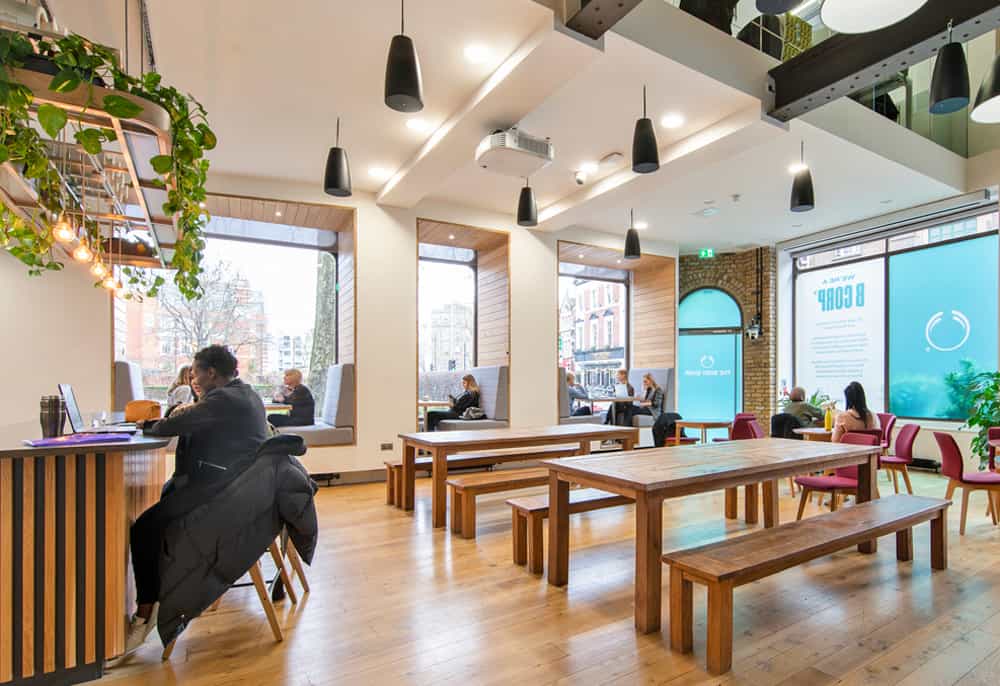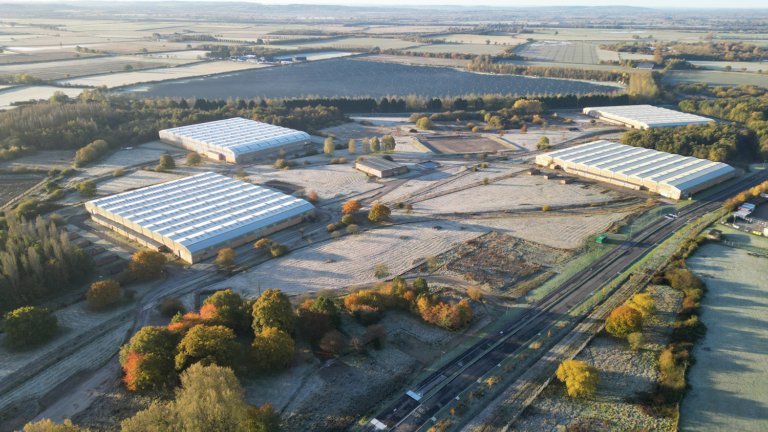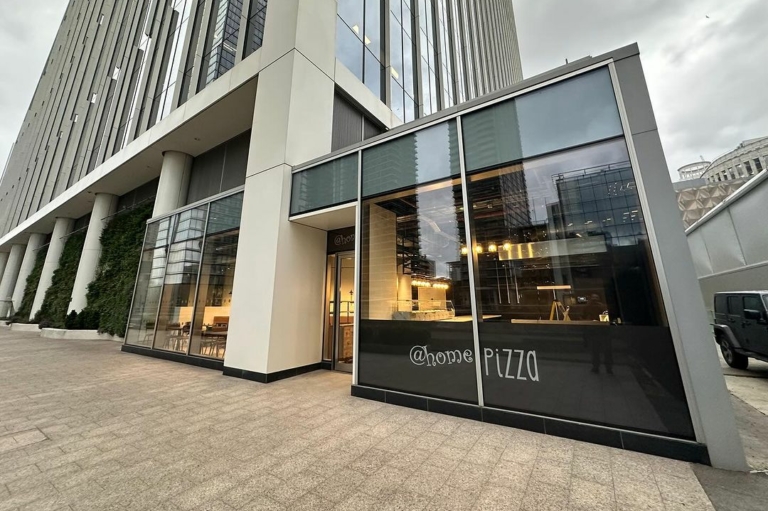Why ESG lies at the heart of urban regeneration

Operating as a good corporate citizen is no longer a voluntary box-ticking exercise, writes Petra O’Shea of Bracknell-based office design and workplace specialists Morgan Lovell.
Environmental, social and governance (ESG) is more than just a new business buzzword. These practices are now seen as an imperative for enterprises and have overtaken corporate social responsibility (CSR) as the new focus. This means championing sustainability, nurturing wellbeing and positive community relations and upholding strong corporate governance – all areas that employees are increasingly aware of.
An Accenture survey looking into the impact of Covid-19 on consumer behaviour found that 60% were making more environmentally friendly, sustainable and ethical product and service purchases since the pandemic began. Good ESG policies are important to people who work for these businesses as well. In a survey of 1,000 office workers Morgan Lovell conducted with OnePulse in June this year, 62% said it was important that their employer had a demonstrated commitment to ESG, while just 10% said it wasn’t.
More and more investors are also paying attention to ESG credentials as part of their decision-making processes – it is a key part of their evaluations of growth opportunities, helping them to partner with companies which pose fewer financial risks due to sound ESG practices.
ESG in the workplace: aiding urban regeneration
Successful urban regeneration requires numerous stakeholders and disciplines to work together to achieve a positive and sustained impact. ESG is one of them and has clear ramifications for urban regeneration success. Buildings, for example, account for a high proportion of an area’s environmental footprint and play a key role in the local community by bringing people and businesses together.
Considering an organisation’s commitment to ESG in the workplace is a vital step for business leaders in ensuring places undergoing urban regeneration reach their full potential – chiefly, by creating vital jobs and employment opportunities to people in the area, and attracting other businesses and investors.
From an ESG perspective, there are many facets that urban regeneration projects should consider.
Environmental
With 40% of UK carbon coming from buildings, there is no route to net zero without making significant changes to our built environment. Carbon in relation to buildings is broadly categorised into two major groups. Operational carbon is the energy used to run a building (heating, lighting, IT etc), while embodied carbon covers the energy needed to produce a product or service.
In commercial buildings, having a firm grasp on the latter is especially important to gaining a full understanding of ESG credentials from an environmental perspective.
Social
The social element of ESG refers to how well an organisation manages its relationships with its people, the societies in which it operates and the communities it impacts.
In an urban regeneration context, the major consideration is to engage with local stakeholders (residents, associations, businesses and community groups) to ensure developments are designed and executed in the best interests of local people.
For workplaces, this means creating spaces which enhance employee wellbeing (physically and mentally) and inspire high performance – they should be motivational places that people want to spend time in.
Corporate Governance
Social issues also tie in closely with governance, especially around supply chain transparency.
A recent Morgan Lovell survey found that 95% of office workers said it was important or essential that their company’s supply chain is traceable, diverse, sustainable, and transparent. This translates into consumer attitudes, where more than half of respondents in another survey said they are more likely to shop with retailers that promote ethical supply-chain practices.
Workplace corporate governance also involves upholding positive relations with employees. It represents the various processes and structures that are in place and designed to give them a voice – creating collaborative, inviting workplaces can help achieve this.
For further information contact:
Petra O’Shea, head of sales – [email protected]













